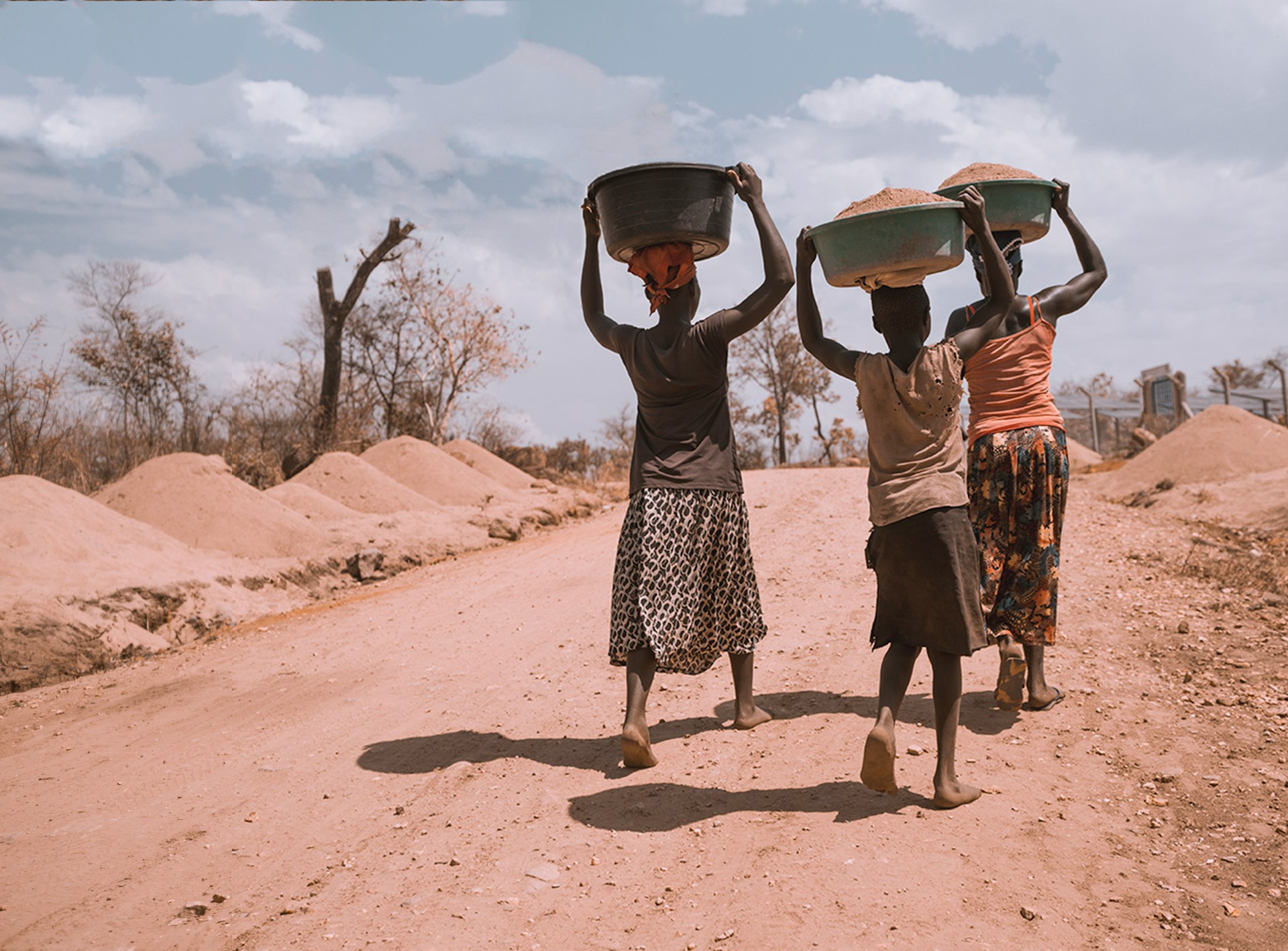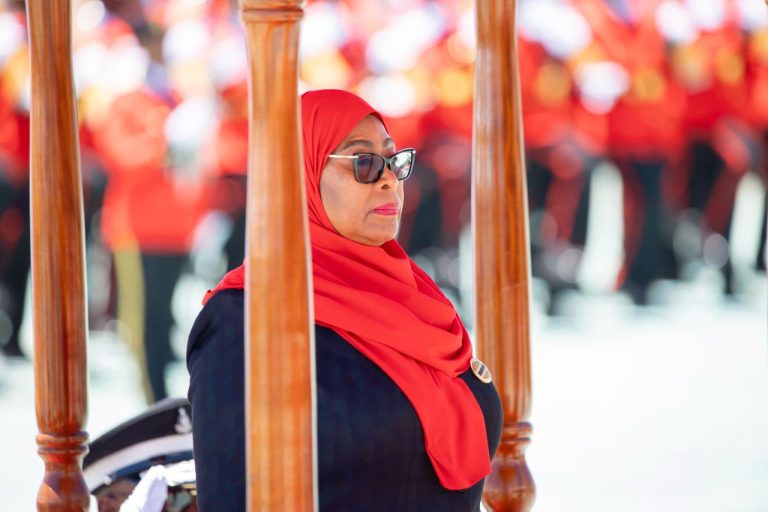- IMF warns of $25bn African Eurobond maturities in 2025–26
- Ghana, Kenya and Nigeria among most exposed economies
Sub-Saharan African economies are bracing for a $25bn Eurobond refinancing challenge between late 2025 and 2026, the International Monetary Fund warned, as rising global interest rates choke access to capital markets.
In its latest Global Financial Stability Report, the IMF said several African sovereigns, including Ghana, Kenya, Nigeria, Angola and Zambia, face a “maturity wall” that could test their fiscal resilience and creditworthiness.
“Market access for several frontier economies remains severely constrained,” the IMF noted, pointing to yields exceeding 10 percent for many African issuers – effectively pricing them out of international bond markets.
Mounting refinancing strain
The Fund said elevated global borrowing costs and investor risk aversion have eroded appetite for African debt, leaving governments scrambling for alternative funding sources. “The combination of high refinancing needs and limited fiscal buffers poses renewed risks to debt sustainability,” it added.
To plug financing gaps, some nations are turning to non-traditional deals such as bilateral loans, private placements and Islamic finance instruments. Angola recently secured a $1 billion structured loan, while Egypt has repeatedly issued sovereign Sukuk to diversify its funding mix.
However, the IMF cautioned that such opaque, off-market arrangements could “conceal contingent liabilities that complicate fiscal planning,” urging governments to ensure greater transparency and accountability in their debt portfolios.
Restructuring, reforms and risk
The report’s release comes as several African economies pursue debt restructuring or rely on IMF programmes to rebuild investor confidence. Ghana, which defaulted on its Eurobonds in 2022, has made progress in talks with private creditors but remains shut out of capital markets. Kenya faces mounting redemption costs on bonds maturing in 2024 and 2027, while Nigeria’s new fiscal policy favours domestic borrowing to curb exposure to external shocks.
The IMF urged African policymakers to tighten fiscal discipline, strengthen debt management, and expand local-currency bond markets to reduce foreign dependence.
“Opaque and nonstandard financing arrangements increase fiscal risks and undermine investor confidence,” the Fund warned. “Enhancing transparency and reporting standards is essential to rebuild trust and secure affordable financing.”
Despite the strained environment, a few economies – including Côte d’Ivoire and Senegal – continue to access markets thanks to stronger macroeconomic fundamentals. Still, the region’s broader funding outlook remains hampered by high yields, thin liquidity, and weak credit ratings.











